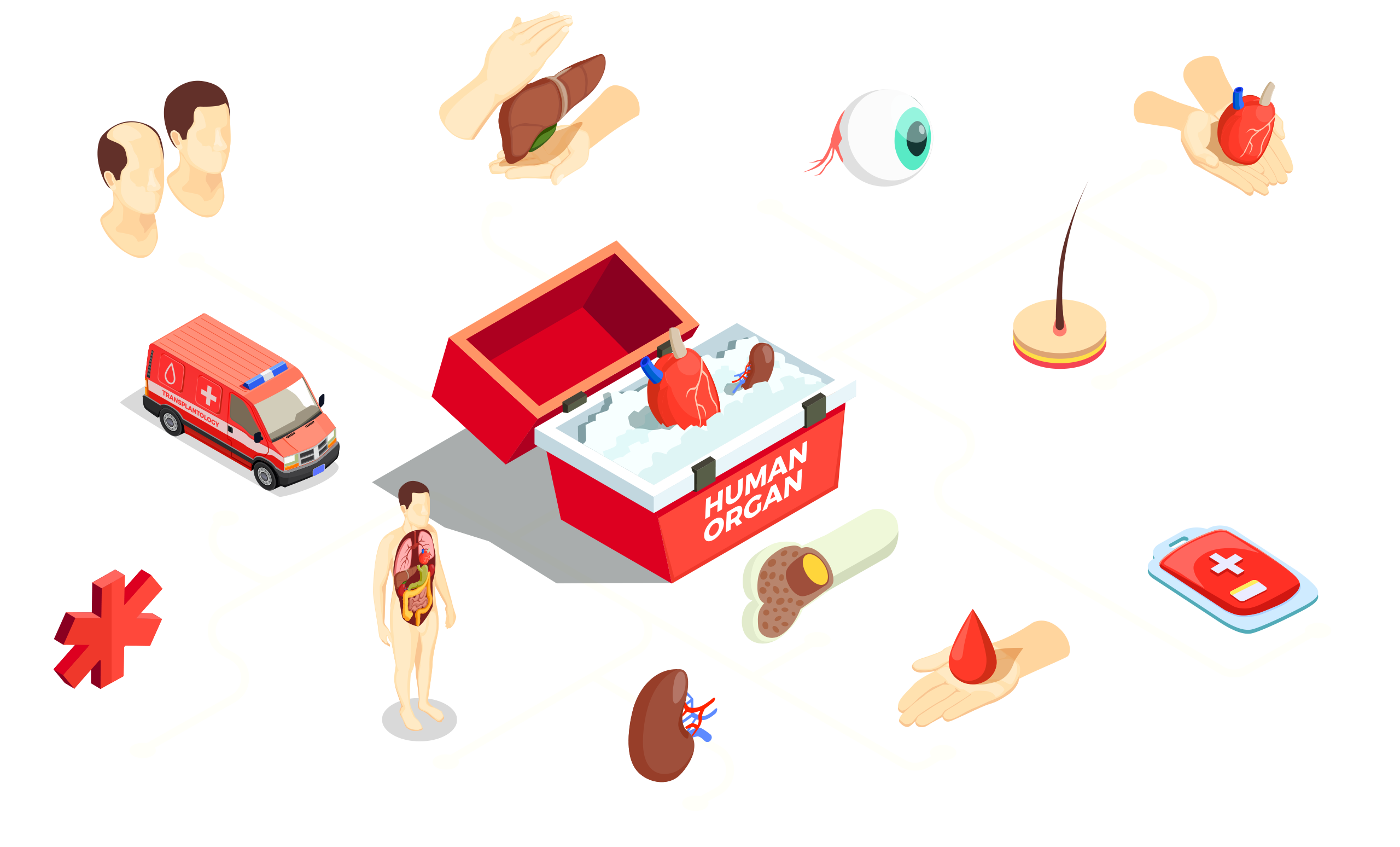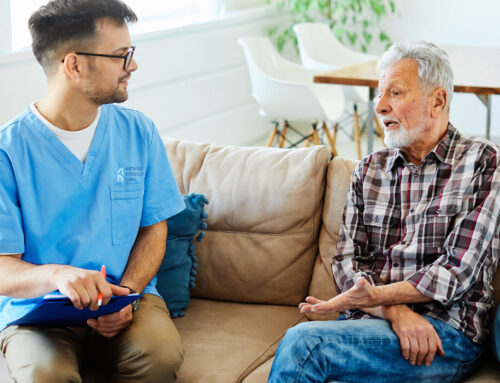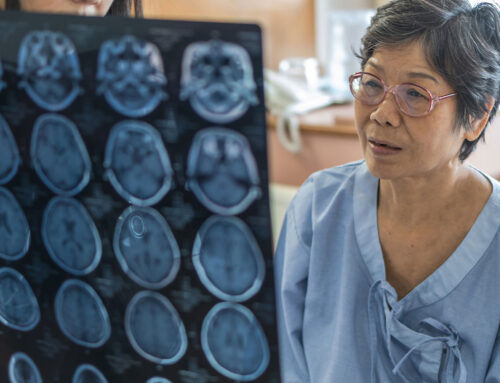Each April, the United States observes National Donate Life Month, a time dedicated to raising awareness about the meaningful impact of organ, eye, and tissue donations. This crucial month is a powerful reminder that every individual has the potential to save lives, even after death. With over 100,000 Americans currently on the transplant waiting list and 17 people dying each day due to the shortage of organs, the need for registered donors has never been greater.
The conversation around donations after hospice can be significant for those in hospice care. While the primary focus remains on comfort and dignity, many patients and families find solace in knowing their legacy can live on by giving others a second chance at life.
Why National Donate Life Month Matters
National Donate Life Month was established to honor donors, celebrate transplant recipients, and inspire more people to register as donors. According to the Health Resources & Services Administration (HRSA):
- 468,149 transplants were performed in 2024.
- A single donor can save up to 8 lives through organ donation and enhance 75 more through tissue donation.
- Despite this, 60% of adults in the U.S. are not registered donors.
This gap shows the need for continued education, especially among hospice patients and families, who may not realize that organ donation can still be an option in some instances.
How to Become an Organ Donor: A Step-by-Step Guide
Registering as a donor is more straightforward than many think. Here are the three primary ways to sign up:
Online Registration
At the DMV
Through a Health App
Myth Busting:
- “If I am a donor, doctors will not try to save my life.” False: medical teams prioritize saving lives above all else.
- “My religion prohibits donation.” Most major religions support organ donation as an act of compassion.

What Happens After You Register?
For Living Donors
You can donate a kidney, part of your liver, or specific tissues while alive. Hospitals ensure donors are medically and psychologically fit before proceeding.
For Deceased Donors
- Upon death, an Organ Procurement Organization (OPO) verifies your registration.
- Your family is consulted (even if you are registered, their consent is often sought).
- Organs are matched to recipients via UNOS (United Network for Organ Sharing).
The Vital Role of Hospice Care in Organ Donation
Many assume hospice patients cannot donate organs, but certain donations (like corneas and tissues) are still possible. Here is how, at Ascend Hospice Care, we support this mission:
- Education & Advocacy
- Hospice teams inform patients/families about donation options without pressuring them.
- They clarify that donation does not affect comfort care.
- Collaboration with OPOs
- If a patient is a registered donor, hospice staff coordinate with Organ Procurement Organizations to ensure a respectful process.
- Honoring Patient Wishes
- The primary goal remains comfort and dignity, but it is a profound legacy for those who choose donation.
Over 1 million tissue transplants occur annually, many from donors who passed in hospice.
How You Can Support Donate Life America’s Mission
- Register as a Donor
- Visit DonateLife.net to sign up in minutes.
- Share Your Decision
- Tell your family about your wishes to avoid delays.
- Advocate in Your Community
- Host a National Donate Life Month event or share resources on social media.
- Support Hospice Organizations
Donate to or volunteer with hospice agencies that facilitate organ donor hospice care.
A Legacy of Compassion
This National Donate Life Month, take a moment to reflect on the power you hold to save lives. Whether you are a healthy adult, a hospice patient, or a family member making end-of-life decisions, organ donation is a gift that transcends mortality.
By registering as a donor, advocating for Donate Life America, and understanding the role of hospice in donations, you contribute to a future where no one dies waiting for a transplant. Your legacy can be life itself.
Ready to make a difference? Visit your state’s donor registry today and join the millions who’ve said “YES” to giving the gift of life.




